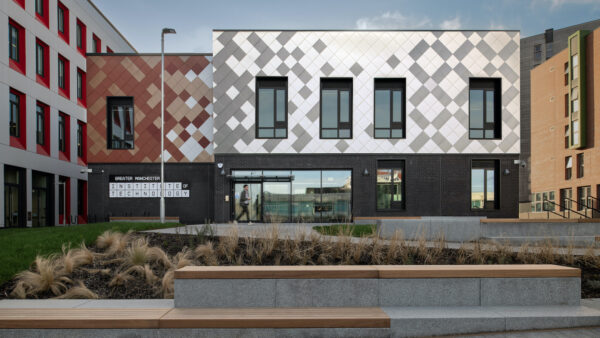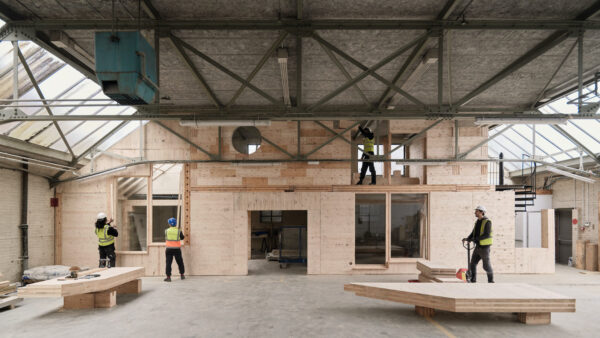
The British Standards Institution (BSI) has issued new guidance to help construction use sustainable alternatives to Portland cement-based concrete.
BSI Flex 350 Version 2 recommends, and demonstrates the potential of, alternative binder systems (ABS) that can be used to produce lower-carbon concrete.
These binder alternatives include geopolymer or alkali-activated materials.
This latest BSI Flex recommends a framework for assessing ABS concretes to facilitate their acceptance as suitable alternatives to the commonly-used Portland cement-based concrete when designing and building structures.
Register for free or sign in to continue reading
This is not a paywall. Registration allows us to enhance your experience across Construction Management and ensure we deliver you quality editorial content.
Registering also means you can manage your own CPDs, comments, newsletter sign-ups and privacy settings.











